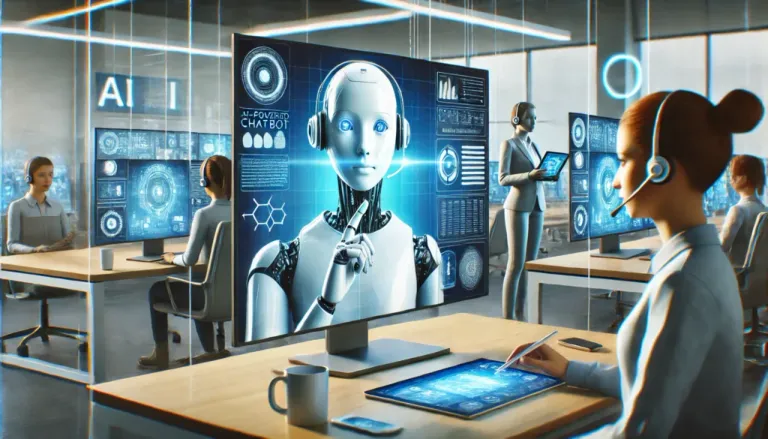AI
Artificial Intelligence threatens traditional call centers
According to an article in The Economist, companies like Sonos, which have faced crises with problematic products, are investing in AI bots to handle customer service, with surprisingly positive results. Sonos, for example, was able to use AI to resolve technical issues and alleviate pressure on its human responders during an app meltdown.

The use of AI in customer service is growing rapidly. Gartner data shows that nearly half of industry executives believe AI virtual assistants will have a significant impact on their operations by 2025.
Startups like Sierra, valued at US$4 billion, are at the forefront of this revolution, along with giants like Amazon, Google and Microsoft. Instead of replacing customer service, AI is providing a new form of interaction, more efficient and available 24 hours a day, something impossible for large-scale human teams.
In Brazil, this trend is also gaining strength. According to the IBM Global AI Adoption Index 2023, 41% of Brazilian companies have already implemented AI solutions, while 98% are experimenting with the technology in their marketing channels, according to Twilio Segment's Growth Report.
This movement reflects the search for automation to reduce costs and increase efficiency, especially in large customer service operations, where demand is continuous and the pressure for quick responses is high.
Consumers are still afraid of interacting exclusively with machines. A Gartner survey found that 64% of customers prefer human contact, especially on more complex or emotional issues. This shows that, although AI is improving the speed and efficiency of service, the human touch continues to be valued in more delicate situations.
The real impact of AI is on traditional call centers, especially those located in countries like India and the Philippines, where employment in the sector is a driver of social mobility. The prediction is that AI could reduce up to 30% of job openings in call centers in the coming years, according to Gartner, radically changing the structure of these companies. For those that survive, the focus will be less on volume and more on quality, with humans working on more complex and creative tasks.